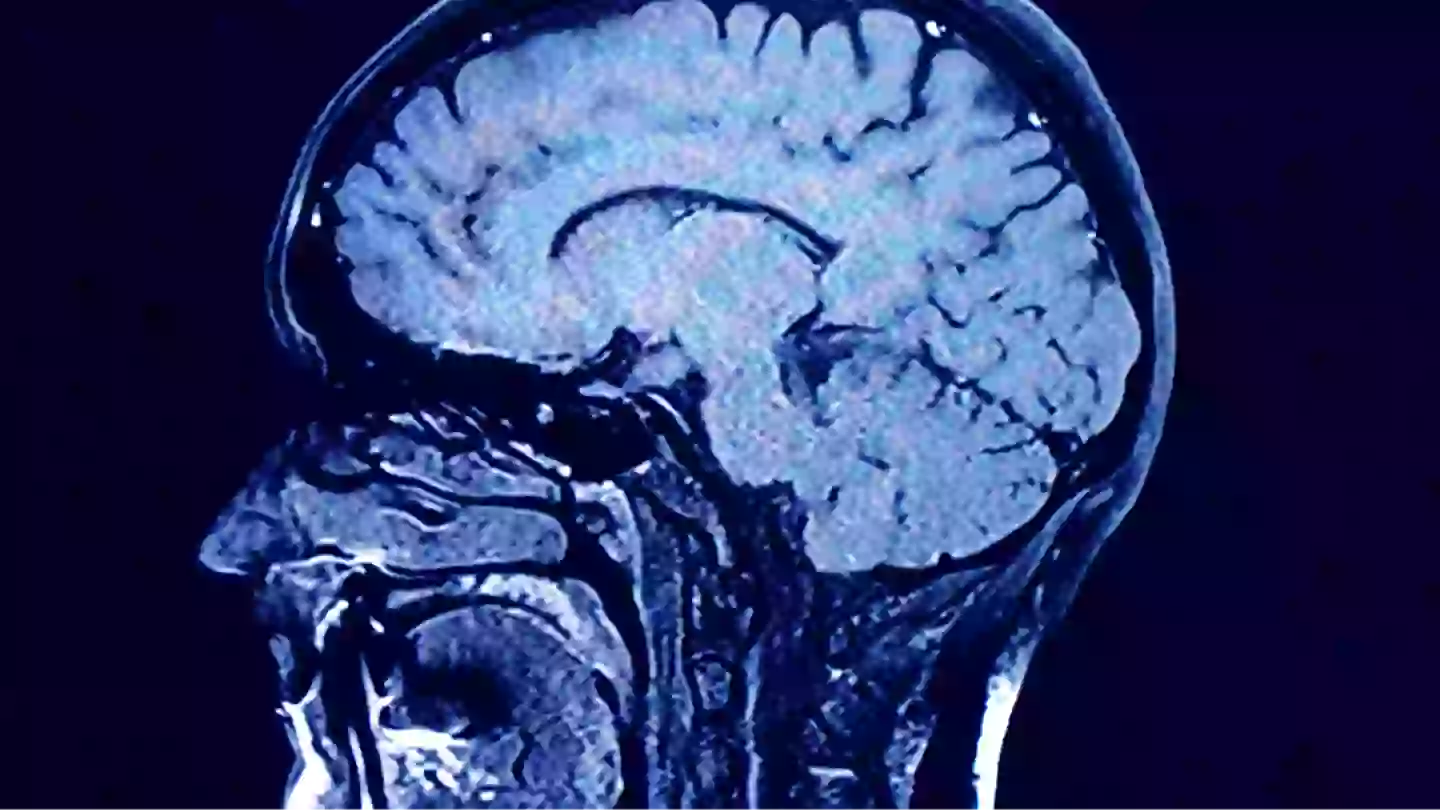Experts have highlighted a concealed risk associated with multitasking that might concern you.
There is arguably no better sensation than having a productive day, crossing off every chore and task with efficiency and managing to accomplish several things simultaneously.
Consider multitasking scenarios like listening to an educational podcast, completing a work project, and achieving those 10,000 steps on a treadmill all in one go.
It might also involve handling two projects at once, listening to music while carrying out another task such as driving, talking on the phone or listening to someone while writing or watching TV, all while trying to respond to a flood of emails.
However, this level of efficiency may have a hidden cost for our brains, which are forced into overdrive to manage everything.
Research indicates that multitasking may negatively impact productivity by affecting comprehension, focus, and overall performance, according to Very Well Mind.

Psychologists refer to this phenomenon as ‘task shifting’ because, instead of doing everything at once, the brain is actually switching from one task to another.
This can create challenges when trying to filter out distractions and may lead to a mental block, which is the last thing anyone needs when tackling a lengthy to-do list.
Experts assert that our brains have not yet mastered processing multiple tasks simultaneously, so even when we feel productive, the reality is that our brains are merely toggling between tasks.
This can leave habitual multitaskers feeling more preoccupied and detached from their work, which makes sense given that attention must be refocused on a new task before completing the first one.
Consequently, this can lead to more errors. For instance, a study found that students who multitask in class achieve lower GPAs and take longer to finish their assignments.
Another study from 2018 revealed that adults are at greater risk of making errors while driving if they multitask behind the wheel.

Have you ever started something, walked into a room, and then forgotten why you’re there?
This might be a sign that multitasking is hindering you, as you’re more likely to lose track of your actions when engaged in multiple tasks.
Psychologists caution that multitasking can cause many individuals to work at a slower pace and with less efficiency than if they focused on one task at a time.
This is because the brain’s executive function manages our tasks, deciding how, when, and in what sequence they are executed.
Goal shifting, where the brain decides to tackle a different task, and rule activation, where rules from a previous task are adjusted for the new one, add a few tenths of a second, as reported by the news outlet.
While these time increments are small, they accumulate over time.
Moreover, some research suggests that constant multitasking could potentially alter the brain over time, leading to long-term issues with concentration.
To prevent mental fatigue from multitasking, experts suggest focusing on completing one task at a time or following the ’20-minute rule,’ where you commit to a task for 20 minutes before moving to another.
Reducing distractions from phones, social media, and other tech devices can also be beneficial.

